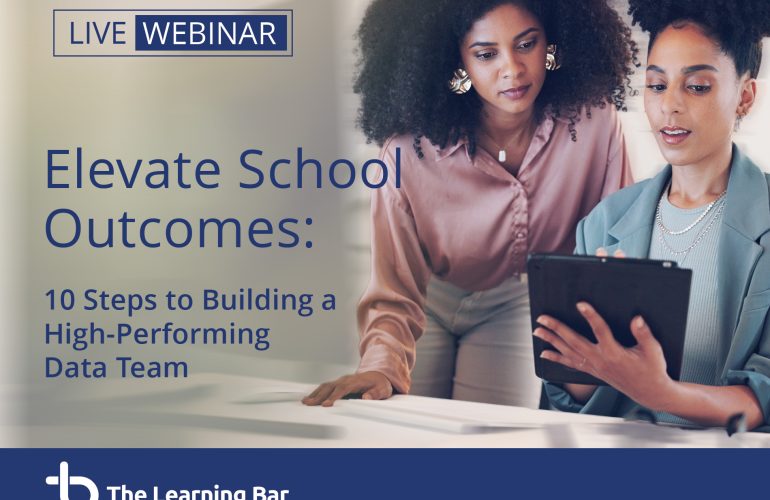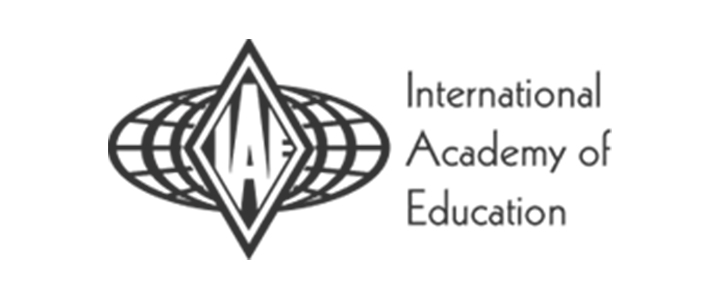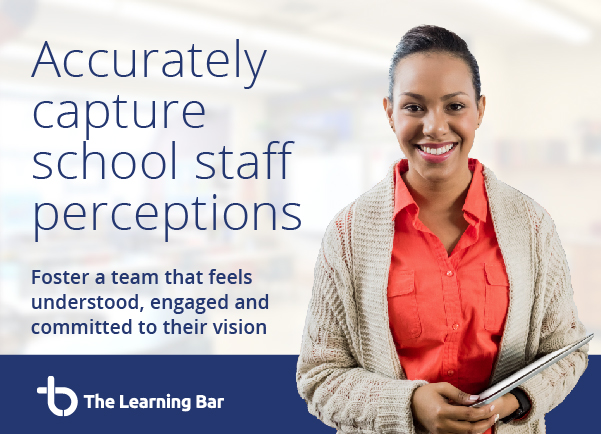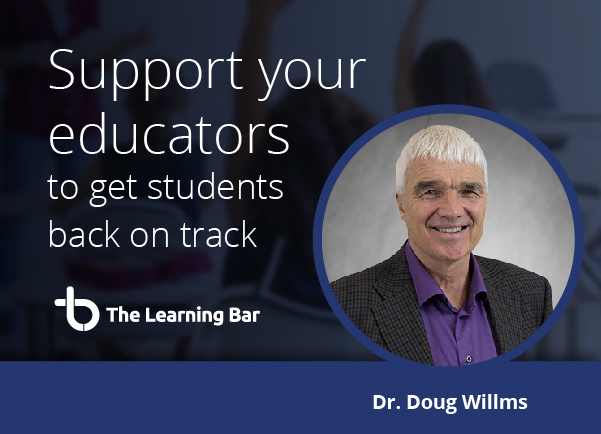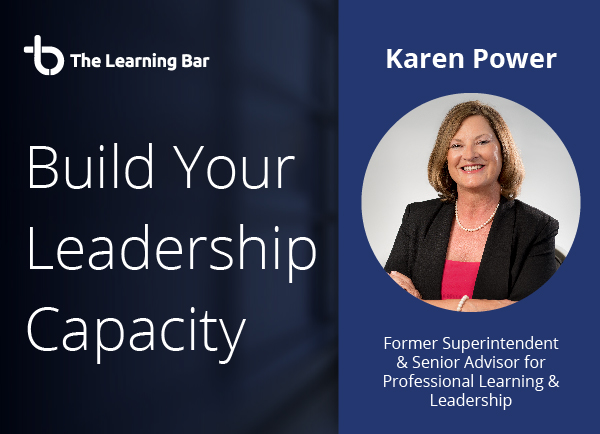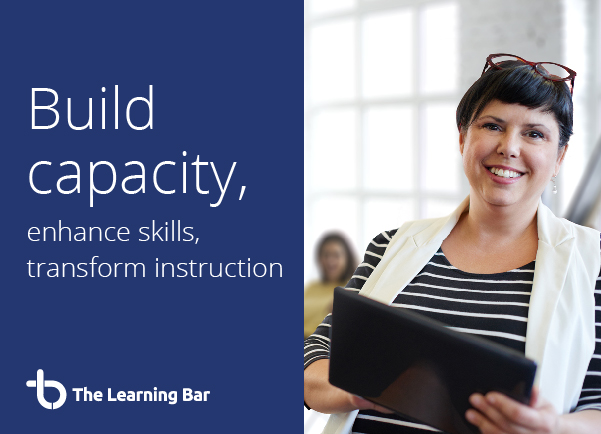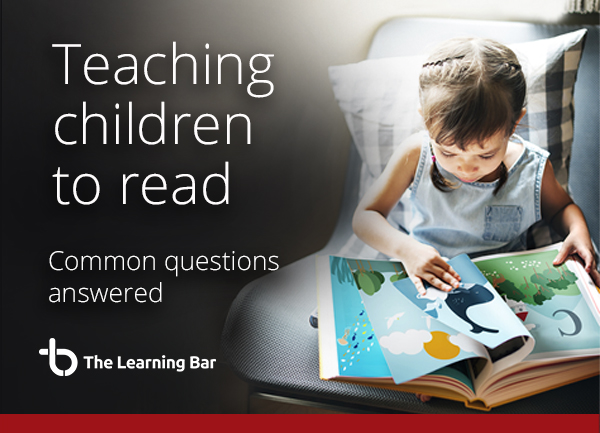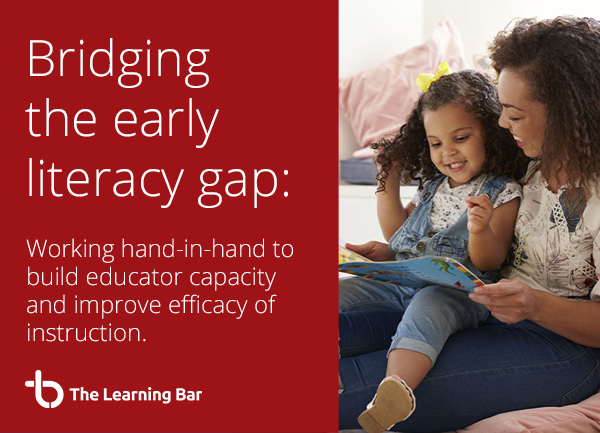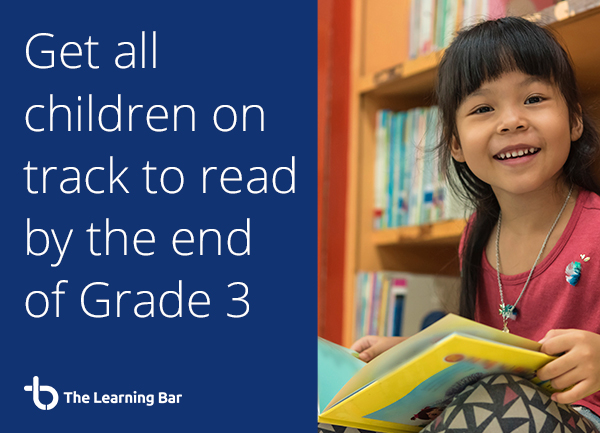ACCESS WEBINAR: Elevate School Outcomes: 10 Steps to Building a High-Performing Data Team
We know that going back into the school year a lot of principals are facing increasing responsibilities. Decisions around resource allocation and budgets have already been made and as the year progresses ongoing initiatives will need to be put in place to support student growth. Often the sheer quantity of data that is produced from various assessment tools across the school makes it impossible to analyze it all. This is why we offered this webinar to school administrators.
Establishing a school data team early on in the year can help to build a strong, collaborative approach to school improvement, fostering shared responsibility. It establishes a school-wide culture of data enquiry that drives data-informed decision-making, and ultimately frees up principals time to make those important decisions.
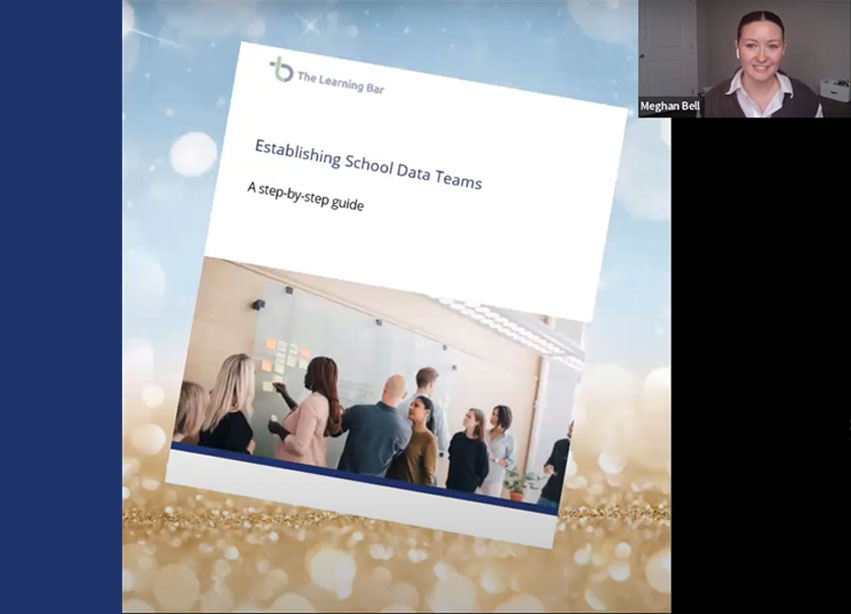

Check out our new webinar with Meghan Bell as she discusses the knowledge and strategies necessary to establish a data team within your school.
Contact us if you would like to find out more about how to use your data to effectively drive facets of your school.


